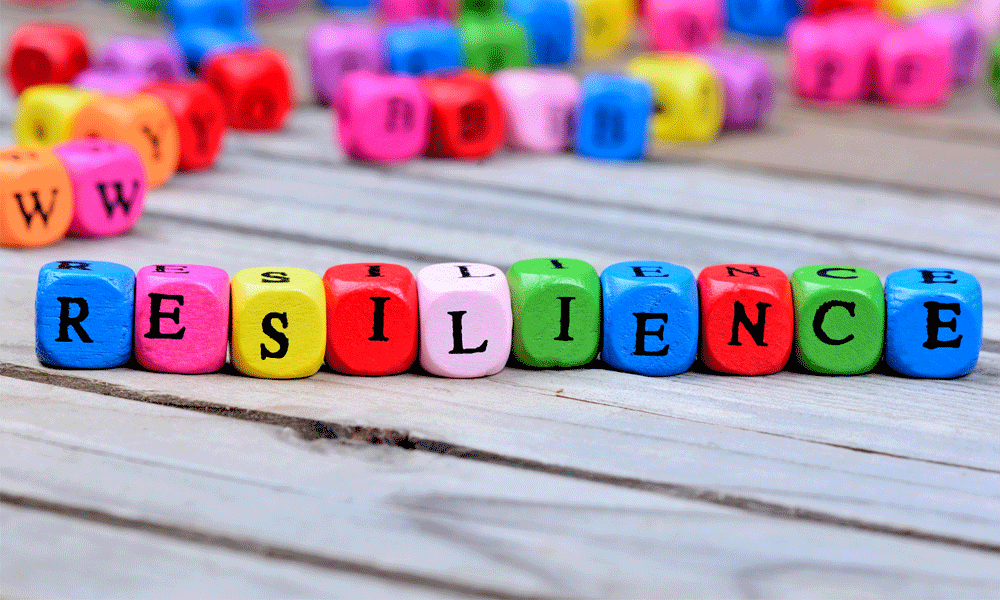Tena koutou katoa. Nga mihi nui atawhai.
Harvard University researchers tell us that there is no such thing as a ‘resilience gene’
These researchers have identified four factors that predispose children to positive outcomes in the face of adversity:
- having at least one stable, caring and supportive child-adult relationship,
- feeling a sense of mastery (self-efficacy and perceived control) over life circumstances, including a belief that they can overcome hardships,
- possessing strong executive function and self-regulation skills which enable them to execute adaptive skills to cope effectively with difficult circumstances and manage their own behaviour and emotions, and
- the support of faith, hope or cultural traditions to ground them when challenged by a major stressor or severely disruptive event.
This research also found that the single most common factor is having at least one stable and committed relationship with a parent, caregiver or other adult, such as a teacher or counsellor. These relationships buffer children from developmental disruption through providing the personal responsiveness, scaffolding and protection that they need. Stable and caring relationships also help to build key capacities — including the ability to plan, monitor and regulate behaviour — that allow children to adapt to adversity and thrive. “This combination of supportive relationships, adaptive skill-building, and positive experiences,” say the Harvard researchers, “constitutes the foundation of what is commonly called resilience.”
Fundamental to this is the recognition that not all stress is harmful. In fact, learning to cope with stress is critical for the development of resilience. “Positive stress” — where children experience manageable levels of stress with the help of supportive adults — can be growth-promoting. From coping with a minor infection like a cold to failing an examination, children and adolescents regularly experience stresses that help them to grow and become stronger. “Over time, both our bodies and our brains begin to perceive these kinds of threats as increasingly manageable,” write the Harvard researchers, “and we become better able to cope with life’s obstacles and hardships, both physically and mentally.”
As these researchers concluded in their 2015 report on resilience:
Despite the widespread belief that individual grit, extraordinary self-reliance, or some in-born, heroic strength of character can triumph over calamity, science now tells us that it is the reliable presence of at least one supportive relationship and multiple opportunities for developing effective coping skills that are essential building blocks for the capacity to do well in the face of significant adversity.
This research would indicate that we, as the adults, are vital in supporting our young people to learn to manage when things in life don’t go so well. We can’t be the clichéd ‘snowplough parent / teacher’ who smooths away any problem that upsets them. We need to walk alongside rather than run ahead and clear the way. We are then helping them to grow into capable adults who can manage their own setbacks rather than catastroph-ise every little obstacle and give up.
Maybe start with: how can I support you in this situation? You’ll be surprised how often just being there to listen is all that is needed. This way we can grow and develop resilience but it needs us, as the adults, to nurture this growth.

